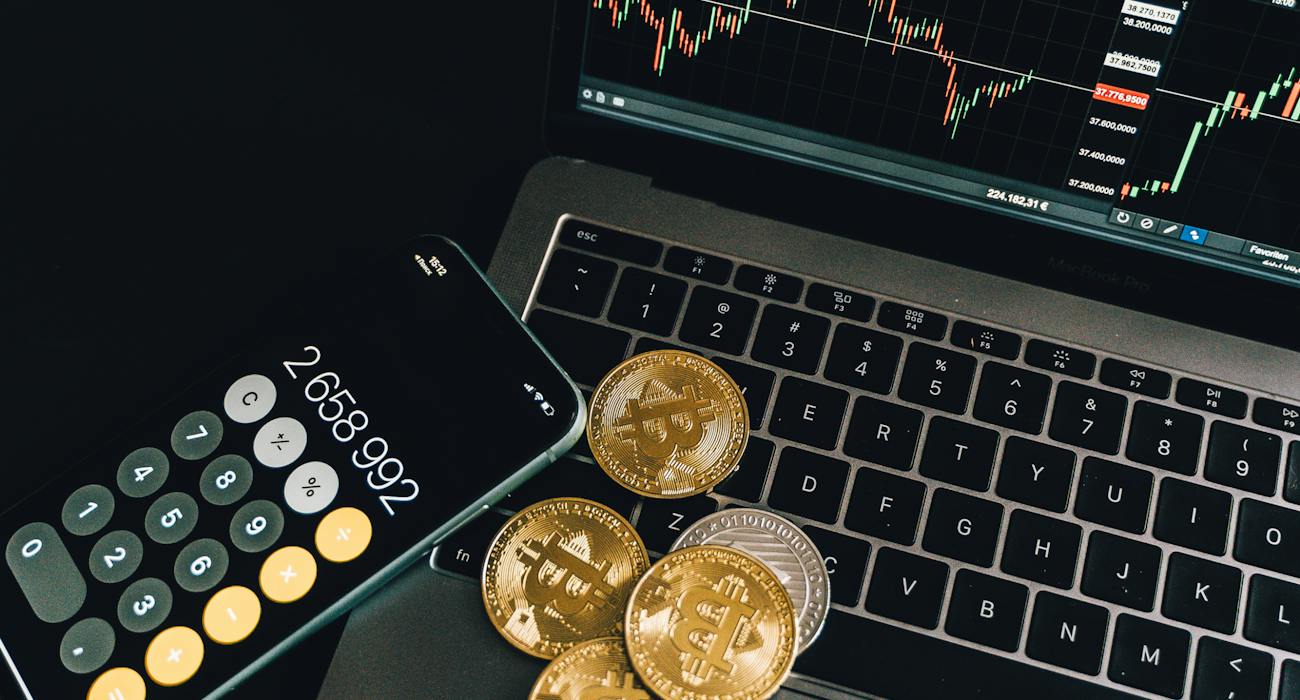A cryptocurrency's recovery phrases, private keys, and lack of dispute resolution mechanisms can make storage and management immensely perplexing. The situation further worsens when you take into account the irreversible nature of transactions and how valuable your cryptocurrency grows over time. Both newcomers and experts can benefit from this brief overview of the top locations to keep your cryptocurrency holdings, which covers all the essential information.If you want to write a blog on Cryptocurrency and you are looking at the guest blog platform then you can choose our Cryptocurrency Write For Us category.
Transactions Least Secure
If you are an active trader, then keeping your cryptocurrency on exchange platforms like Coinbase, Binance, and others is a necessary evil. Exchanges are problematic since they retain cryptocurrency for each and every one of their members. As a result, hackers can use them as a massive honeypot to attempt and breach.
For instance, in 2019, 7,000 Bitcoin (about $40 million at the time) were stolen from Binance, the largest exchange in the world at the time based on trade volume. Fortunately, Binance had sufficient capital to cover their losses, but other exchanges were not as fortunate. The well-known bitcoin website Buy Bitcoin Worldwide reports that exchange hackers stole $283 million in cryptocurrency in only 2019 alone.
If you must maintain cryptocurrency on exchanges for trading, think about simply holding what you absolutely need to trade on those platforms.
Decentralized exchanges (DEXes), which don't require you to give up ownership of your private keys, are an additional choice. DEXes have advanced significantly in recent years, even if they still have a ways to go before they can compete with centralized exchanges (CEXes) in terms of features like speed and liquidity. dYdX (ETH margin trading), Synthetix (ETH derivatives), and KyberSwap (ETH and ERC20 token swapping) are a few that you might want to take into consideration.
Virtual wallets Pretty Safe
An additional choice for keeping your cryptocurrency holdings is to use desktop and mobile software wallets. Software wallets are only as safe as your device, even though you don't have to worry about an exchange being hacked, taking your money, or mishandling your cryptocurrency.
Exchanges may be more secure for a lot of people than using a desktop or mobile device. Software wallets, however, are superior to exchanges if you follow best security practices and store any private keys and recovery phrases offline, at least for lesser sums of cryptocurrency. Consider a hardware wallet (described in the next section) for larger sums.
Hardware wallets—the safest kind—
Hardware wallets are seen to be the safest method for storing cryptocurrency. This is because the design of hardware wallets prevents your private keys, which permit you to spend your cryptocurrency, from physically leaving the device. To add an extra layer of security, transactions on the device must also be confirmed by you before they are sent to the blockchain.
Hardware wallets have the drawback of being better suited for long-term keeping than for frequent trading. You will need to move your assets from your hardware wallet somewhere else before you can trade, unless you're utilizing it with an exchange (typically only DEXes) or another service that lets you trade with your hardware wallet.








0 Comments